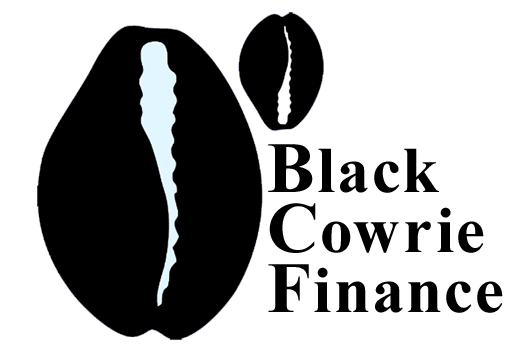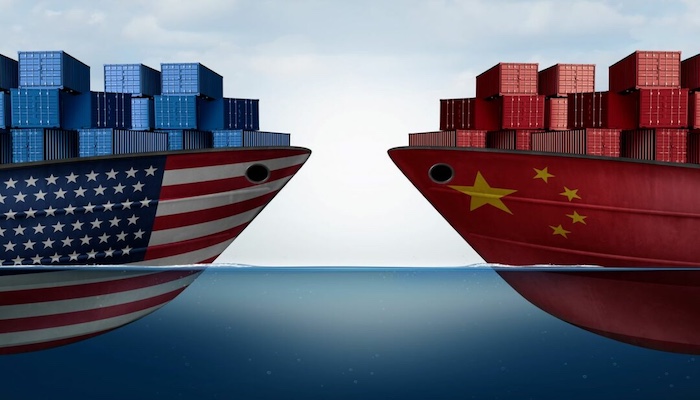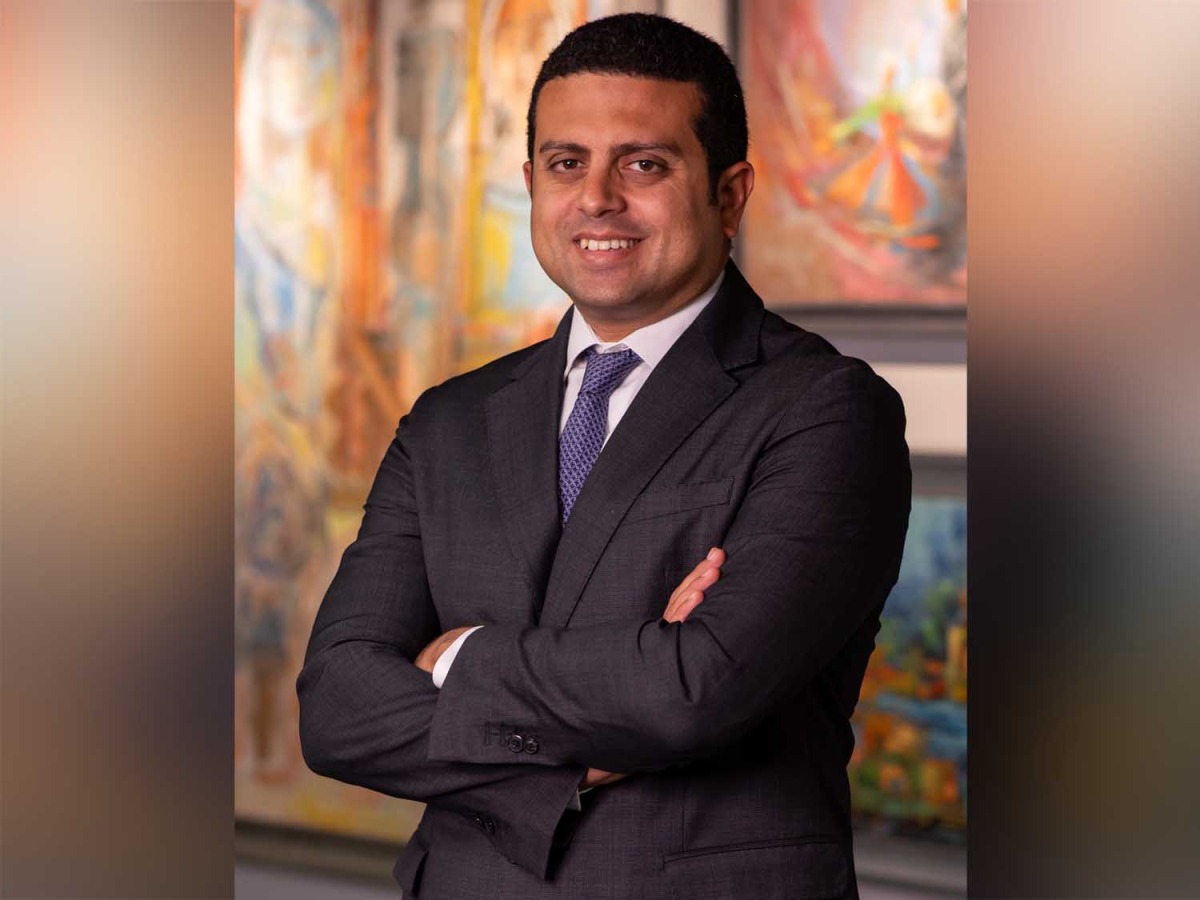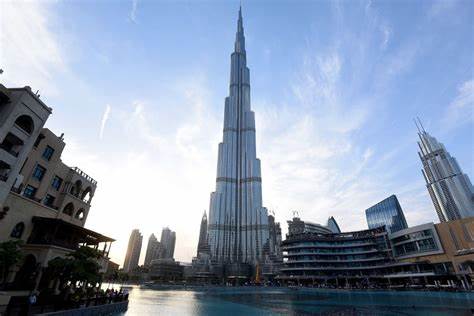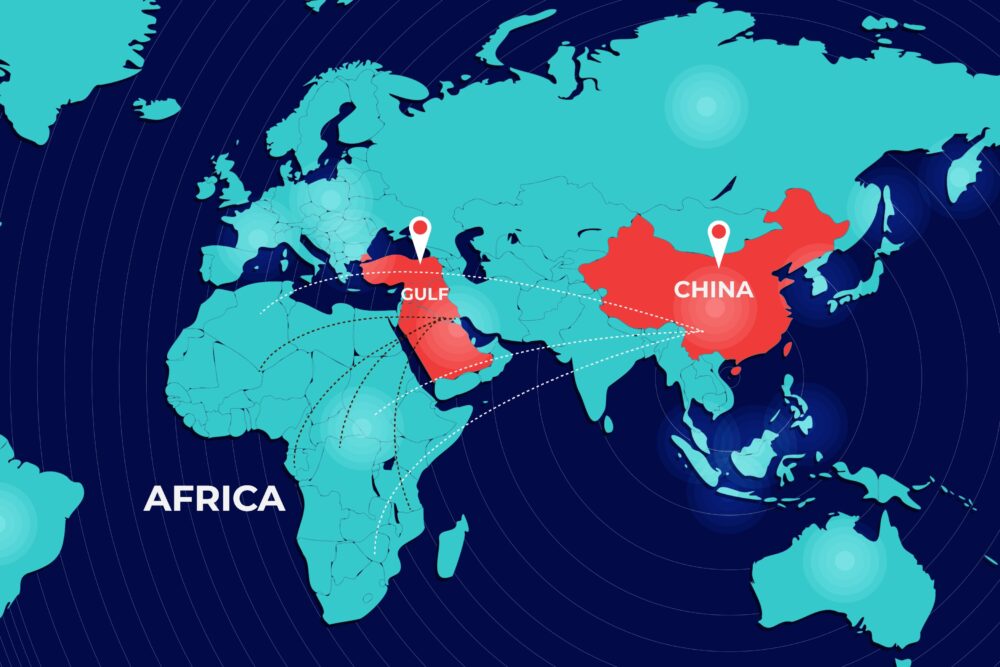
Gulf sovereign wealth and private capital are moving swiftly to plug a growing gap in Africa’s development scene, as Beijing eases back from its once-dominant role as the continent’s chief financier.
from 2012 to 2022, Gulf Cooperation Council nations splashed more than $100 billion into African markets, with the United Arab Emirates shelling out a hefty $59.4 billion, Saudi Arabia pumping in $25.6 billion, and Qatar trailing with $7.2 billion, according to December 2024’s Afreximbank report.
That momentum surged in 2023, when Gulf entities announced 73 new foreign direct investment projects worth more than $ 53 billion, further flexing their financial muscle to entrench their footprint in Africa.
Tellingly, in 2022, the UAE invested $50 billion in Africa, overtaking China and the US as its largest investor, according to EY.
“China isn’t retreating, but it’s recalibrating,” said Hezron Otieno, a Nairobi-based investment adviser who works with East African sovereign wealth funds. “They’re letting their private sector lead, while Gulf states are filling the sovereign financing vacuum.”
Gulf-led deal-making spans sectors ranging from renewable energy and ports to agribusiness and digital infrastructure such as data centres.
Riyadh, Doha and Abu Dhabi have escalated dealmaking in infrastructure, agriculture and logistics hubs across sub-Saharan Africa, seizing the moment as Chinese state-backed lending cools.
Abu Dhabi’s developmental holding ADQ and Saudi Arabia’s PIF have ramped up agriculture-linked investments from Sudan to Senegal, while the Qatar Investment Authority has been active in energy logistics, warehousing, and fintech plays in cities such as Nairobi and Accra.
But some experts urge perspective. “Gulf countries began their external investment journey in their near abroad, then they expanded a little further under the banner of ‘food security’ — and now we are witnessing the concentric circles go further,” said investment analyst Aly-Khan Satchu.
Satchu suggests that unless African nations accelerate economic growth, the continent, representing only 3% of the global economy, will see Gulf countries remain below neutral in their African investments.
Meanwhile, Gulf players are stepping in with a more muscular approach. In March, the Saudi Agricultural and Livestock Investment Company secured long-term leases in Mozambique and Tanzania. In Egypt, Saudi investments in wheat production exceeded $1.2 billion. The UAE has also pledged $1.5 billion for agricultural technologies and irrigation in Morocco.
In Zambia, the UAE’s International Holding Company took a 51% stake in Mopani Copper Mines for $1.1 billion.
DP World, a key Emirati logistics player, signed a 30-year contract to upgrade Tanzania’s Dar es Salaam port and has now invested $3 billion in African port infrastructure in 2023. Qatar’s recent deals include a 25% stake in South African carrier Airlink and a 23% stake in Egypt’s North El-Dabaa oil block
Source: mgco
